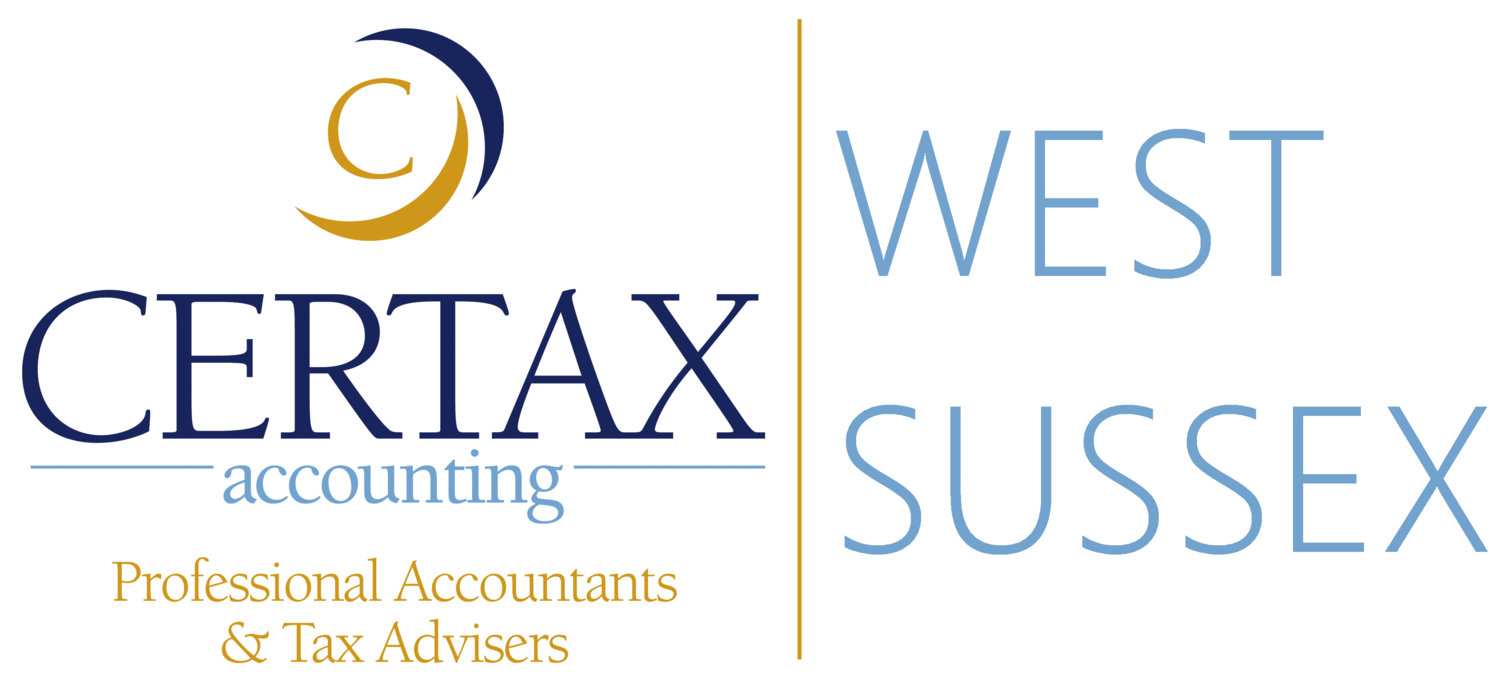Individual/Personal ownership
When rental properties are bought personally, the profit from the activity is taxed on the individual at their highest rate of tax - eg. basic rate payers at 20%, higher rate payers at 40%
Profits are calculated as rent received minus all allowable tax deductible expenses, these include :
- Letting agents’ fees
- Legal fees for lets of a year or less, or for renewing a lease for less than 50 years
- Accountants’ fees
- Buildings and contents insurance
- Interest on property loans
- Maintenance and repairs to the property (but not improvements)
- Utility bills, like gas, water and electricity
- Rent, ground rent, service charges
- Council Tax
- Services you pay for, like cleaning or gardening
- Other direct costs of letting the property, like phone calls, stationery and advertising
The expenses have to be incurred on the rental property only and be must be incurred by the tax payer eg. tax relief cannot be claimed on bills payed by the tenants
Where the property is let furnished, a wear and tear allowance is tax deductible and is normally equal to 10% of the rental income.
When a property is sold, sale profits are liable to capital gains tax. Sales profits are based on the sale price minus the purchase price minus allowable expenditure. Allowable expenditure is purchase and sale costs (eg. legal fees, agents fees & stamp duty) and the cost of improvements made to the property during ownership (unless these costs have been set against rental income).
Capital gains are then calculated. There is an allowance which no tax is paid on, in 2015/16 this is £11,100. Amounts above that are charged at 18% when it falls in the taxpayers basic rate band, or 28% within the higher rate band.
Company ownership
For various reasons, a property can be rented out through a company. In these cases profits are calculated in the same way as individual ownership.
There are 2 ways to take profits out of the company. Whether or not either way is right for you is dependent on other taxable income. The profits can either be paid out through salaries or dividends, or a mix of both.
Salaries can be paid out of the company at any time, this is deducted from the companies profits and the individual pays tax on the earnings. Then, at the end of the year the company will pay corporation tax on the profits (rents minus expenses minus salaries), currently this tax is paid at 20%.
Dividends can be paid out to the shareholders from post tax profits (the amount remaining in the company after corporation tax has been paid). How much tax you pay on the dividends is dependent on your personal circumstances again, currently for basic rate payers tax is not payable and for higher rate payers it is 25% (the tax rules are changing from 6 April 2016).
If a property is sold, the company pays corporation tax on the capital gain arising. Companies do not have a capital gains tax exemption, however indexation allowance provides relief for inflation while the property is owned.
The profit after tax on the sale remains in the company and this can again be taken as a dividend or salary, depending on personal tax circumstances.
Is Personal or Company Ownership Better?
Whether personal or company ownership is best depends on what plan you have for the property portfolio. If you were an owner of one or two properties, that you intend to dispose of in the short/medium term, it would be more beneficial to pay higher rates of income tax on rental income, so when you sell you enjoy a lower rate of capital gains tax. However if you were to plan to build a large portfolio of properties over a long term, possibly as an asset to pass on to future generations, a company would be a suitable option.
If there remains doubt about strategy, especially the plan for length of ownership. A detailed calculation on the whole portfolio would be advisable.
Personal or company under new rules ?
New rules are being introduced as soon as April 2016, most notably the new dividend tax.
These changes have resulted in the general situation remaining unchanged, where the profits are to be withdrawn in full and/or properties are likely to be sold within a few years at profit, personal ownership is likely to remain beneficial despite the restriction on loan interest and finance charge relief.
Where the intention is to hold properties long term and retain profits within the business for further investment in building up a portfolio, the use of a limited company is more likely to be the most advantageous form of structure.
Every situation is different and should be considered in detail to ensure the correct structure.
A Tax Advisor can help with these decisions and at Certax Accounting West Sussex Ltd we are more than happy to help with such matters.
